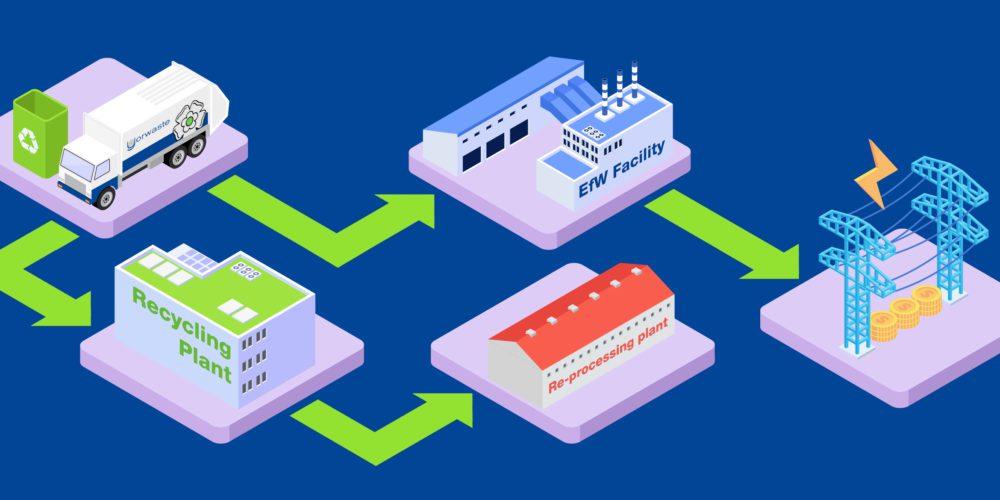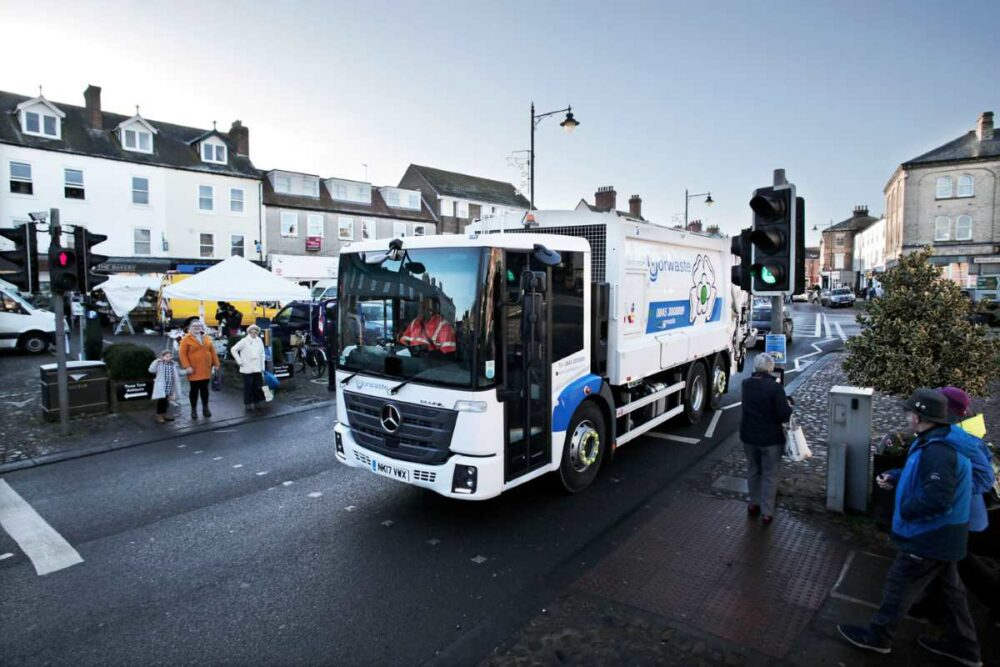Generating Energy From Waste: The Facts
For organisations and individuals alike, avoiding and reducing waste are critical when it comes to significantly reducing carbon footprints and creating a more sustainable environment. However, when solid waste must be generated and cannot possibly be reused or recycled, rather than seeing it placed in landfill sites, the next logical step is to use it to produce energy.
This is largely achieved through what is known as EfW (energy from waste), which is the process of burning waste to produce steam. This, in turn, feeds an electricity-generating turbine that goes on to create energy and generate power to be fed into the national grid.
The Facts About Waste Energy Generation
Here are some of your commonly asked questions about waste energy generation:
- The energy from solid waste collected in York and North Yorkshire currently powers 40,000 homes.
- All metal, hazardous and organic material, along with recyclable plastics, is removed before any waste we have collected is incinerated. Any metal or plastic that is removed goes on to be recycled. Organic/food waste is transferred to an anaerobic digestion plant, which produces biogas to generate renewable electricity.
- The ash that comes out of the grate at the end of the incineration process is recycled to create materials for the construction industry.
- EfW is classed as a sustainable activity according to the European Federation of Waste Management. This is when all other efforts have been made to deal with solid waste in accordance with the waste hierarchy.
- EfW is number 5 on the waste hierarchy. The waste hierarchy is 1. Avoid, 2. Reduce, 3. Reuse, 4. Recycle, 5. Recover and 6. Dispose.
- Processing solid waste into fuel releases less carbon dioxide and methane into the air than decaying waste in landfill sites. EfW plants also create less air pollution than coal plants, but they do generate more pollution than natural gas plants. Many countries in Europe have been taking steps to reduce pollution and there are also many legislations in place to regulate these facilities.
- It is estimated that 2.5% of the UK’s energy comes from unusable or unrecyclable waste materials.
- 13.96 million tonnes of residual waste was processed at the UK’s 55 waste-generated energy plants in 2020, up 10.5% from 2019. Yet, EfW is not the ideal long-term solution for residual waste – avoidance, reduction, and recycling are.
Working Together on Energy from Waste Projects
At Yorwaste, we partner with Allerton Waste Recovery Park to ensure as much non-usable and non-recyclable waste as possible is turned into energy. We put the waste hierarchy at the very heart of our business, and do all we can to drive reduction, reuse and recycling of waste, from community initiatives, such as our Big Upcycle and Get Re-Cycling, to our team of recycling experts working closely with businesses to help their overall waste management strategies and maximise their recycling efforts. For more information about Total Waste Management, view our page.

